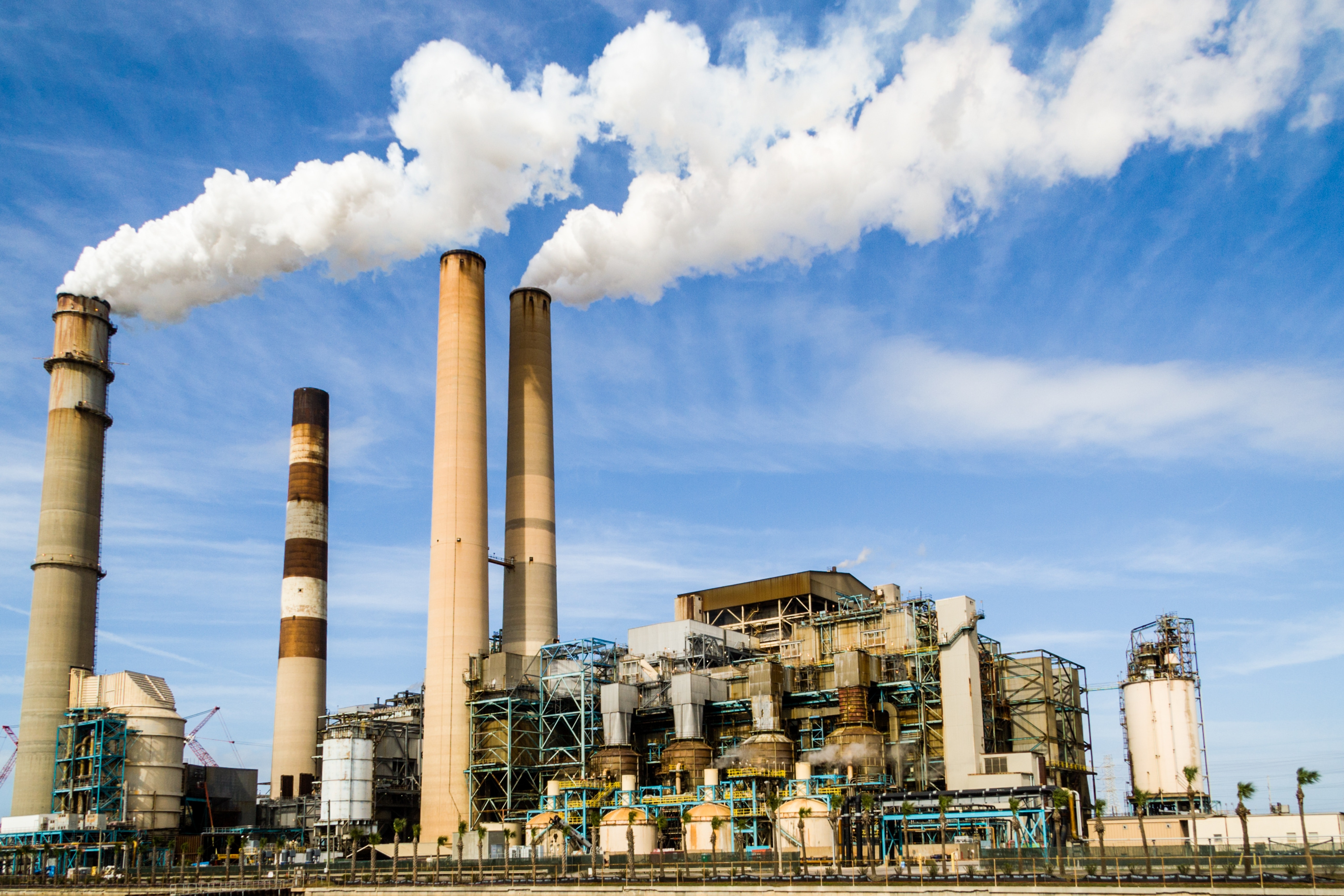
Less is said about indoor air quality, despite the fact that many people warn of the dangers of outdoor air pollution. Shouldn't we be as concerned about the quality of our indoor air given that we spend the majority of our time indoors—at home or at work?
Like outdoor air, indoor air can be more contaminated and, like it, can trigger allergic reactions, asthma attacks, and respiratory issues. Indoor air can be contaminated by a variety of factors, including pet dander, mould, and contaminated outdoor air.
Modern windows and doors are more well sealed than ever, but this may not necessarily be a good thing. Your home's airtight construction can save your energy expenditures while simultaneously keeping outside air out. The likelihood that pollutants may build up in your home and cause poor indoor air quality and health problems increases when there is insufficient internal air circulation. In your home, the following pollutants may amass: When something burns, such as when you light your stove, a gas called carbon monoxide (CO) is created. CO can cause a variety of symptoms, including headaches, nausea, confusion, and even death, if you are exposed to it for a lengthy period of time. Radon is a radioactive gas that enters homes undetected and has no colour or smell.
Air is an essential requirement of existence, and the proper balance of gases helps us breathe healthily. Monitoring this enables you to identify pollutant levels that are above the permissible limit for ambient air quality. Both indoor and outdoor surroundings have the potential to be equally poisoned and to cause long-term health problems. Chronic respiratory conditions, pneumonia, and systemic hypertension are a few of these.
To protect your safety within your own home, every home should have a carbon monoxide alarm and a smoke detector. You should also think about setting up routine indoor air monitoring in Vancouver. Contact Ace Environmental Services Ltd. if you require air quality testing in Vancouver or if you have any queries.